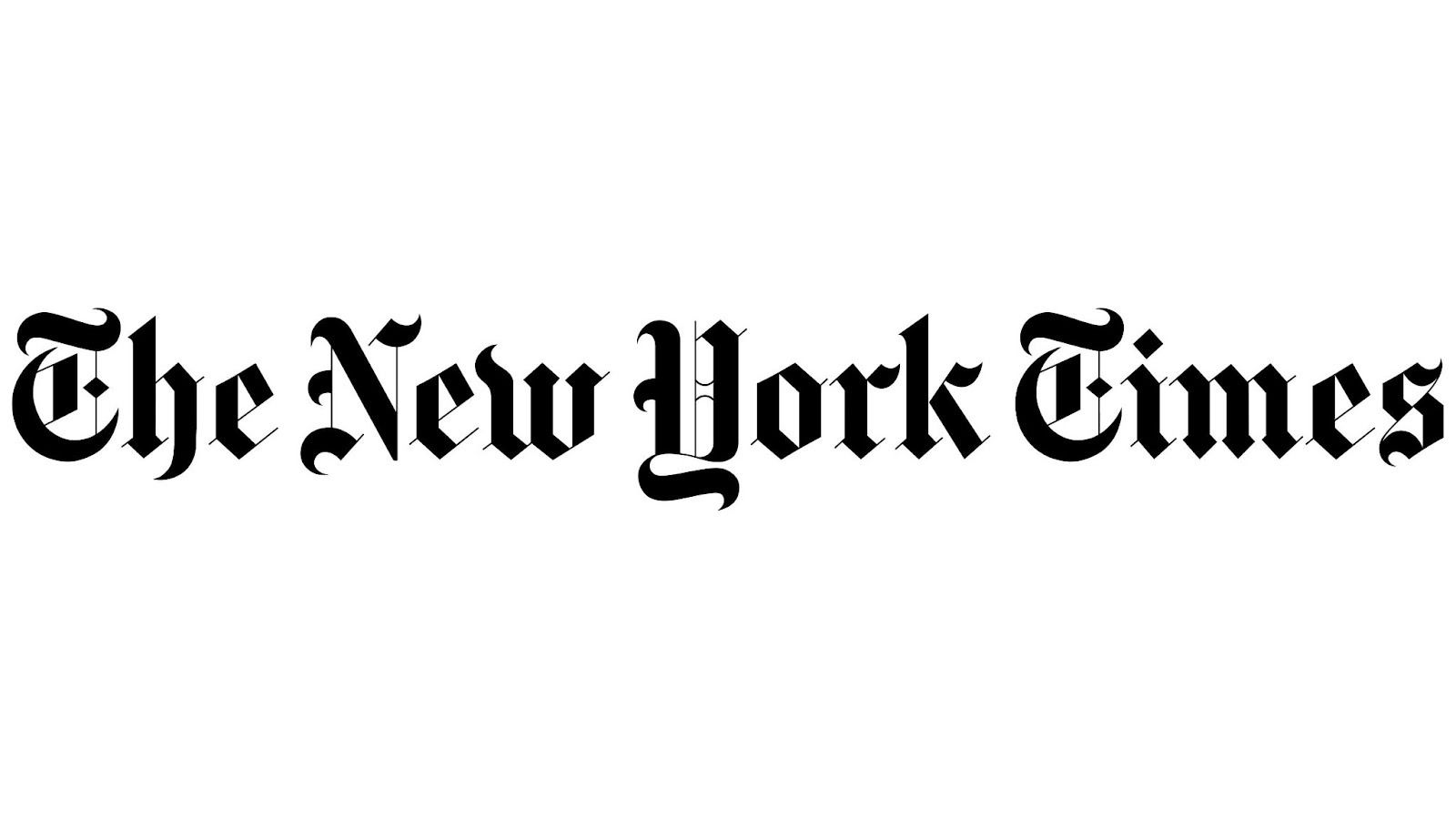A new controversy has emerged in the copyright case between OpenAI and The New York Times (NYT). NYT claims that OpenAI “accidentally” deleted critical evidence contained in training data. According to Wired, this claim was made in a new statement that NYT submitted to the court. NYT stated that OpenAI engineers accidentally deleted important data on copyrighted content used to train artificial intelligence models.
Although OpenAI managed to recover some of this data, it was claimed that the “original file names and folder structure” were lost and therefore it could not be determined on what dates and how the contents were used. NYT lawyers stated that this situation could negatively affect the course of the case.
OpenAI spokesman Jason Deutrom stated that they disagree with NYT’s claims and will provide an official response soon. As it is known, NYT has been fighting against OpenAI and Microsoft on the grounds of copyright infringement since December last year.
The case is still in the “evidence discovery” phase. In this process, both sides try to strengthen their arguments by presenting evidence to the court. NYT requested training data used to train AI models from OpenAI. However, it is reported that this data is not shared with the public and is only made available to the plaintiff party.
Accordingly, OpenAI provided NYT’s legal team with access to two virtual machines for review. It is stated that NYT lawyers worked on one of these machines for more than 150 hours. However, the data was deleted due to a “technical error” in the process. Although OpenAI tried to restore the data after the incident was noticed, NYT’s copyrighted content could not be recovered.
Lawyers for The New York Times: No evidence of deliberate deletion of data
NYT lawyers acknowledged that there was no evidence that OpenAI intentionally deleted the data. However, he emphasized that this situation constitutes a serious obstacle in terms of trial preparations. It was reported that due to the deletion of the data, the NYT team had to start the work from scratch again.
At the center of the discussion is the question of how artificial intelligence models are trained and how copyrights may be violated in the process. This case may serve as an important example for both the future of artificial intelligence technologies and how copyright laws apply to these technologies.
Source link: https://www.teknoblog.com/the-new-york-times-open-ai-dava-iddia/


